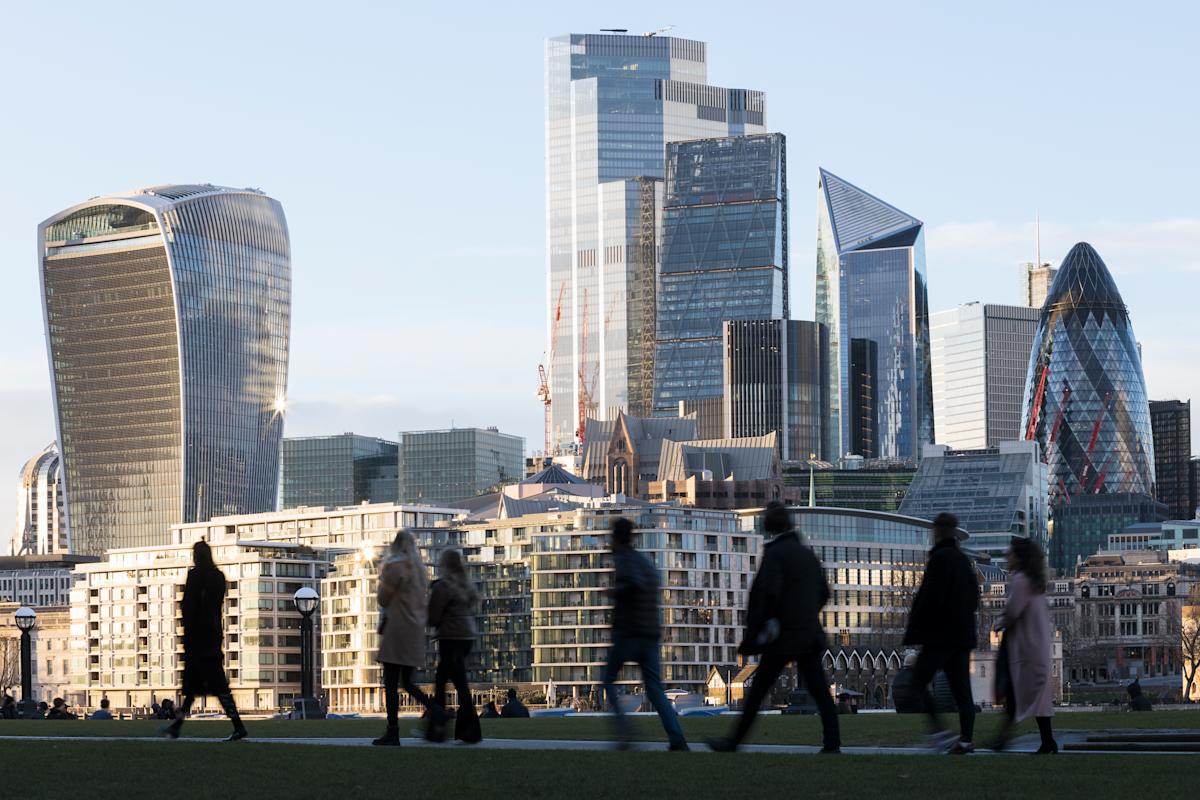The UK economy shrank by more than expected in April, according to official figures, with the figures coming a day after chancellor Rachel Reeves unveiled a raft of pledges in the government spending review.
The Office for National Statistics (ONS) said that the UK’s gross domestic product (GDP) — the standard measure of an economy’s value – shrank by 0.3% in April, which was more than the 0.1% contraction expected by economists. The fall followed growth of 0.2% in March and a 0.7% rise in GDP in the first quarter.
The largest contributor to the fall in GDP in April was a 0.4% fall in services output, the ONS said. Production output fell by 0.6% in April, while construction output grew by 0.9% that month.
The fall in UK economic growth came as an increase in employer national insurance contributions and the national minimum wage, which were announced in the autumn budget, came into place in early April.
The ONS said that GDP was estimated to have grown by 0.7% in the three months to April, compared to the three months to January, which was largely driven by growth in the services sector.
Separate ONS data released on Thursday showed that UK exports to the US fell by £2bn in April, which it said was likely linked to the implementation of tariffs. US president Donald Trump announced sweeping global tariffs on imports of goods into the US on 2 April, on what he dubbed “Liberation Day”.
Read more: Why Rachel Reeves’ spending review may lead to tax rises
The UK and US announced a trade pact on 8 May, cutting certain tariffs on cars and steel, though a broader 10% duty on many other goods remained in place. Uncertainty also remains over US agreements with other trading partners in the wake of Liberation Day.
Liz McKeown, director of economic statistics at the ONS, said: “The UK economy contracted in April, with services and manufacturing both falling. However, over the last three months as a whole, GDP still grew, with signs that some activity may have been brought forward from April to earlier in the year.”
“Both legal and real estate firms fared badly in April, following a sharp increase in house sales in March when buyers rushed to complete purchases ahead of changes to stamp duty,” she said.
“Car manufacturing also performed poorly after growing in the first quarter of the year.
“In contrast April was a strong month for construction, research and development and retail, with increases in these only partially offsetting falls elsewhere.”
In response to the latest data, Reeves said: “Our number one mission is delivering growth to put more money in people’s pockets through our Plan for Change, and while these numbers are clearly disappointing, I’m determined to deliver on that mission.
Story Continues
